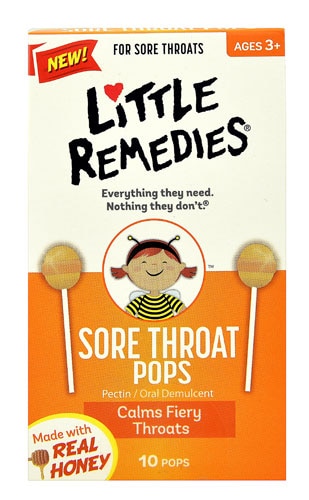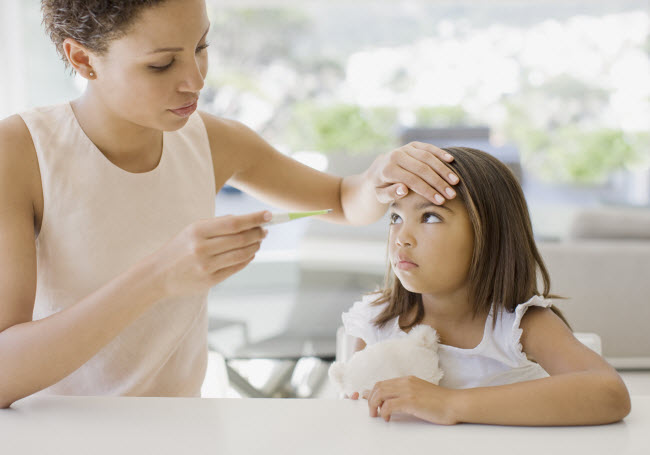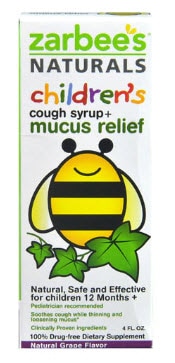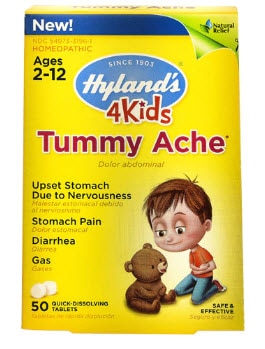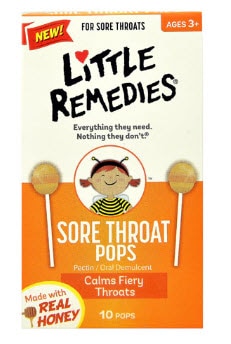What do you do when your child wakes up with the sniffles? Deciding when your child should stay home and when they should go to school can be a challenge. If you kept them home every time they had a tummy ache or runny nose, they’d never make it through the school year. But, certain aliments warrant a day (or two!) of much-needed rest.
Check with your child’s school to discover their specific sick day policy. You should also check in with your child's healthcare provider if you have questions about any of their symptoms. That said, it helps to have some basic guidelines to go by.
These five symptoms mean keep them home.
When to keep your child from school
1. They have a fever.
When your child has a fever of 100.4 or over, it’s time to keep them home. A fever means your child is possibly fighting infection and is probably spreading germs. Keep them home, give them lots of fluids and allow them ample time to rest. Don’t send them back to school until they have been fever-free (without fever-reducing medication) for 24 hours.
2. They have diarrhea.
Diarrhea means the body is trying to rid itself of germs. There are multiple causes of diarrhea. The most common is a virus. But, whatever the cause, keep your child home until diarrhea has stopped for at least 24 hours.
3. They've been vomiting.
Vomiting is similar to diarrhea in that it’s often the body’s way of ridding itself of germs. It’s a symptom that’s hard to miss, and admittedly can be quite scary for you and your child. If your child is vomiting, it’s best to keep them home for at least an additional 24 hours since their last episode.
4. They're suffering from other sever symptoms.
It’s unrealistic to keep children home from school with every sniffle, sore throat and cough. If your child is suffering from severe cold symptoms like uncontrollable coughing and hacking up phlegm it might be worth keeping them home, especially if it’s coupled with lethargy. Once they are over the worst of it, they can return to school. If you suspect the flu, with fever, muscle soreness and headaches, put in a call to the kid’s doctor and keep your child home.
5. They have something contagious.
The flu isn’t the only contagious issue schools worry about. Illnesses like strep throat and pinkeye need to be treated with medication for at least 24 hours before your child can return to school. Other illnesses like chickenpox and measles will keep your child out of school longer. When in doubt, err on the side of caution and call your child's healthcare provider.
Helping your child to feel better
Once you've established that your child needs to be kept home, what can you do to help them feel better?
A great place to start is rest. The body needs sleep to heal. When they are just coming down with something, they might have no energy to do anything but sleep. But while they’re healing, they may be tempted to use up their energy reserves.
Keep it low-key. Keep a secret stash of mellow projects like coloring and activity books, games and crayons, as well as fun books to read. High fevers, vomiting and diarrhea can all leave kids dehydrated. Add in lots of fluids. Fever-reducing medication isn’t always needed, use your judgment and ask the healthcare provider. It’s also good to have a well-stocked medicine chest with other remedies to ease discomfort.
Don’t forget the hugs. Everyone feels vulnerable when they’re ill, especially children. So be extra attentive and caring. You might want to put some of your to-do list on hold and keep the focus on them. Knowing you’re there for them will help set them at ease.
Need more relief? Consider these natural, kid-friendly products:



